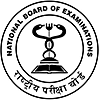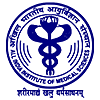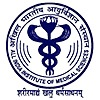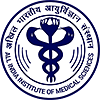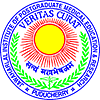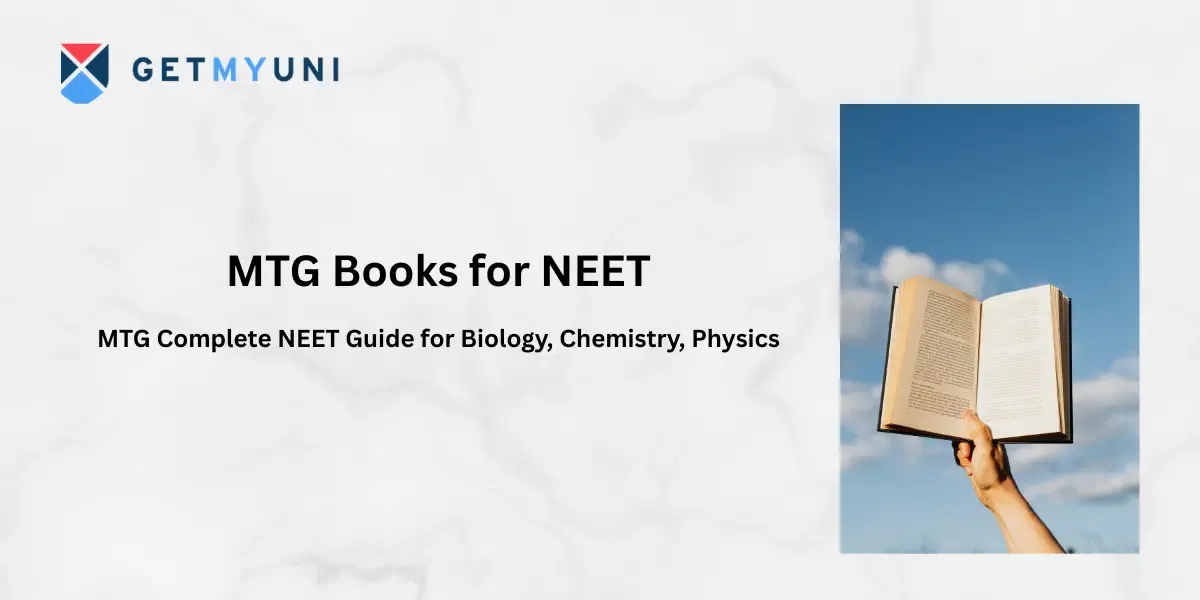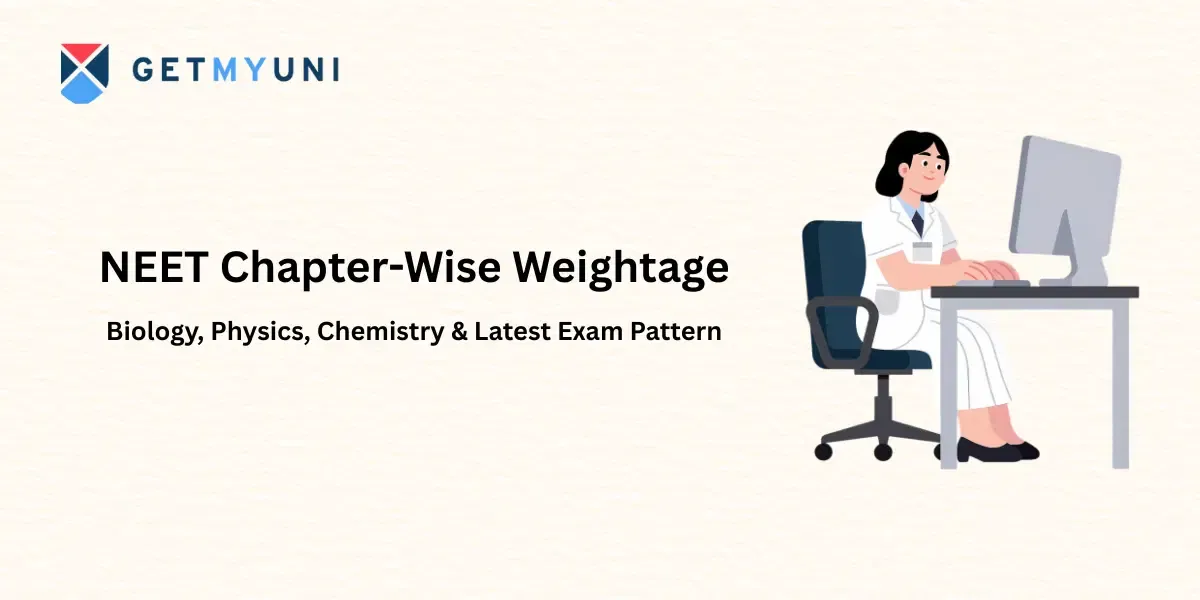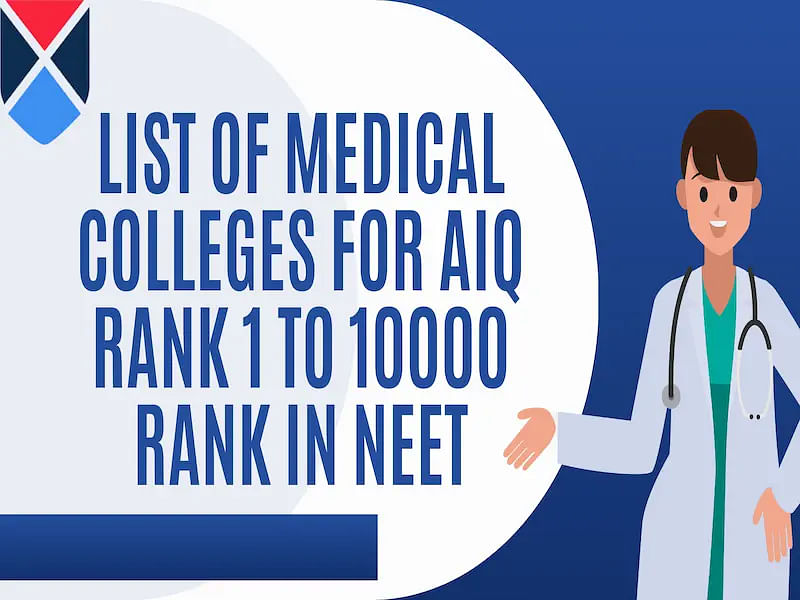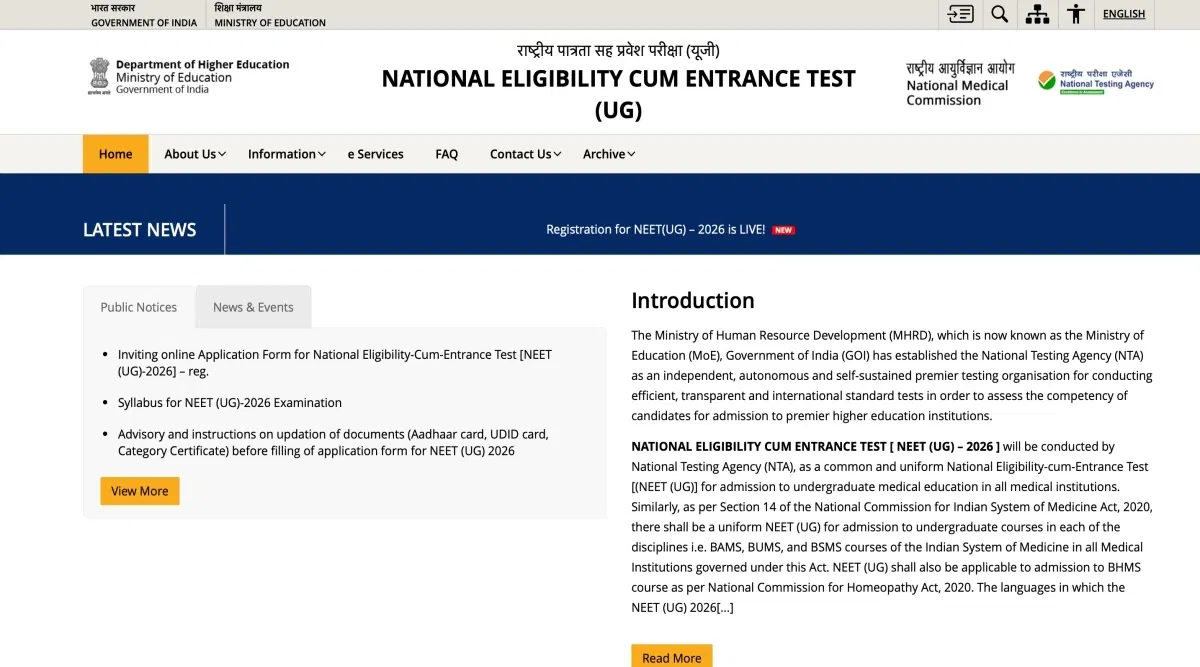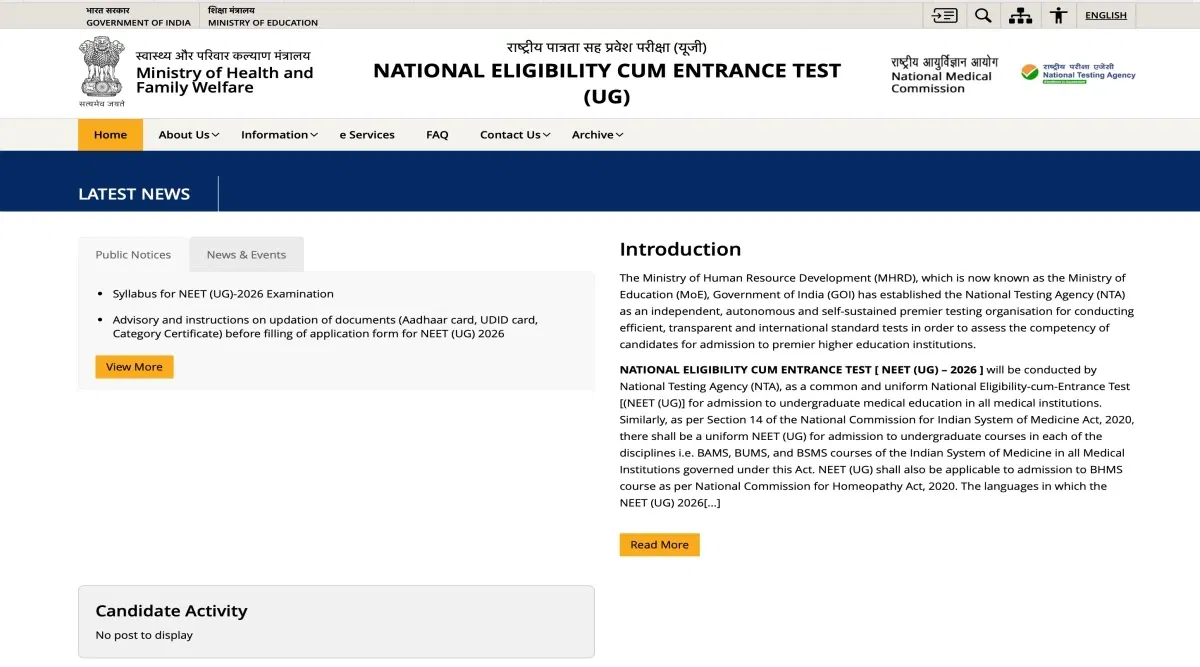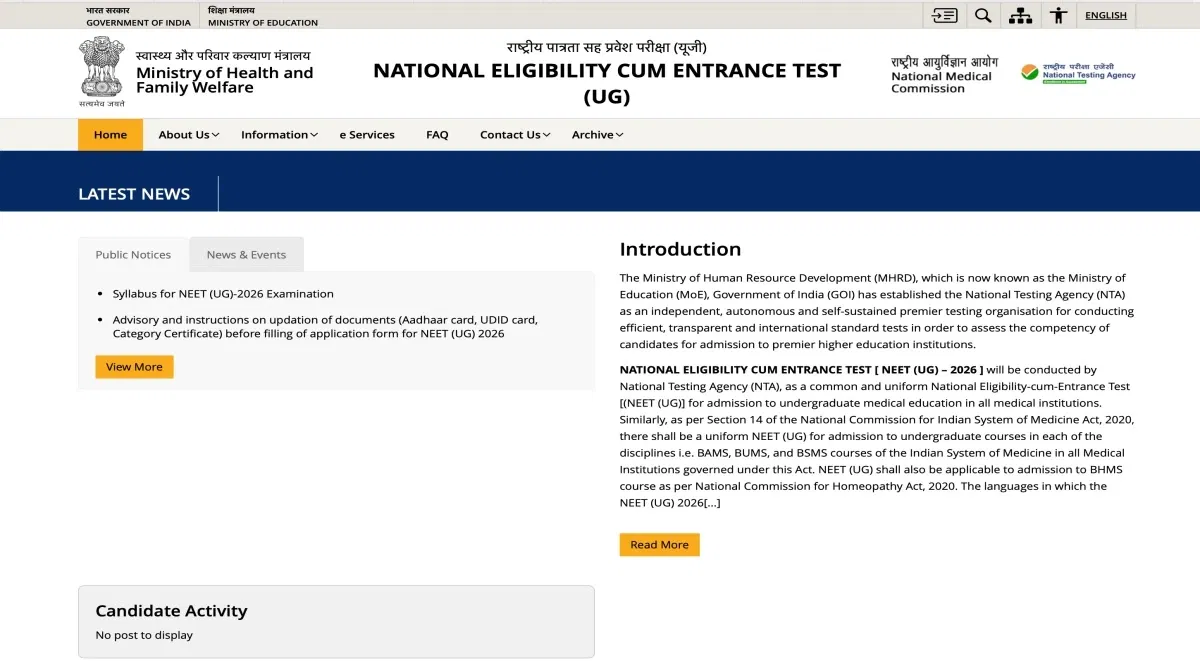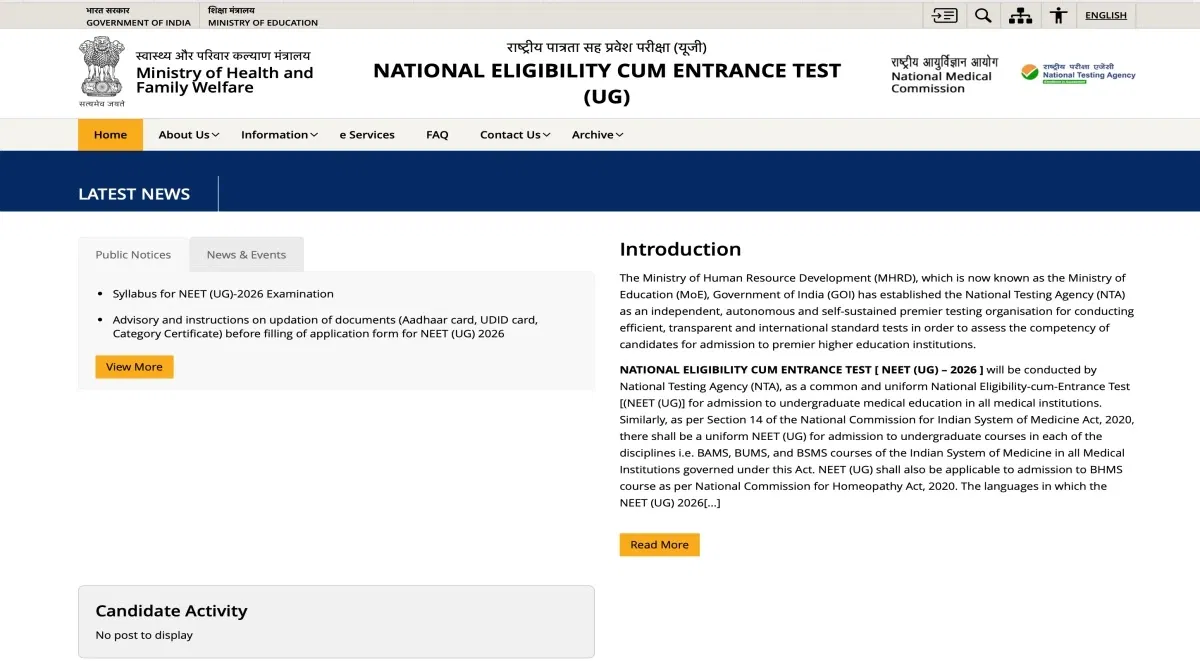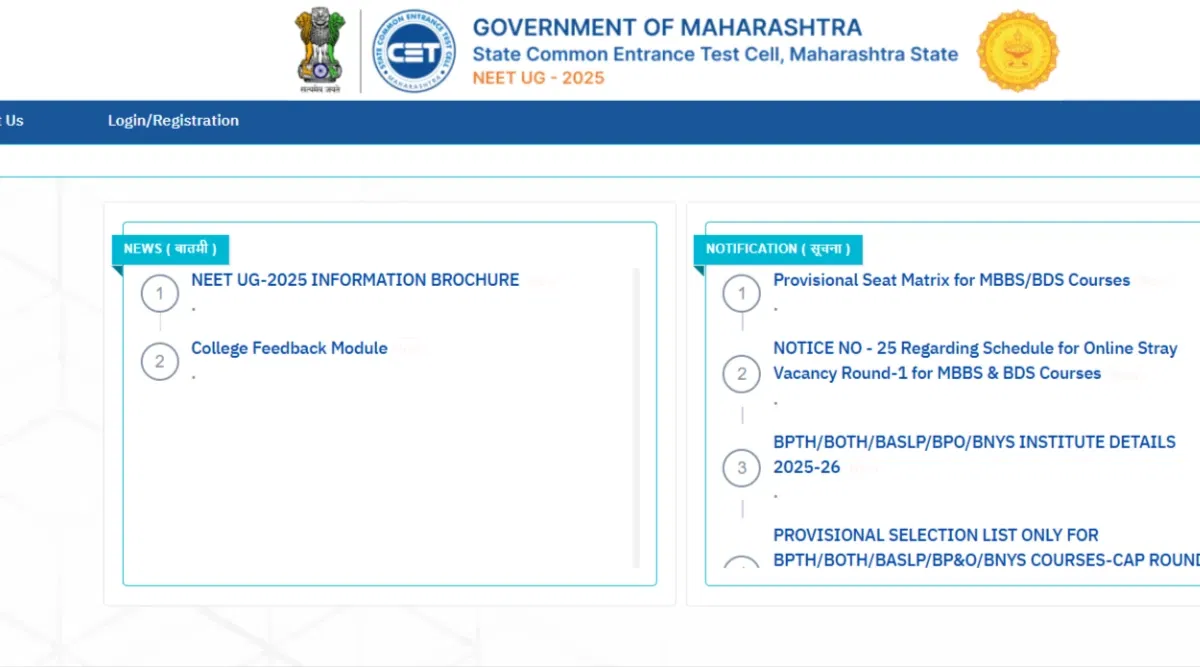
Table of Contents
NEET Chemistry Syllabus 2025 is divided into physical Chemistry, inorganic Chemistry, and organic Chemistry sections. The syllabus of NEET 2025 is based on topics from classes XI and XII. We have discussed the topic-wise class XI and XII syllabi in this article.
The National Eligibility cum Entrance Test (NEET) is conducted by the NTA for undergraduate medical courses. The exam comprises subjects Physics, Chemistry, Biology, and Zoology.
NEET Chemistry 2025 Class XI Syllabus
The NEET Chemistry syllabus is an amalgamation of physical Chemistry, inorganic Chemistry, and organic Chemistry. For appearing in the exam, it is vital to know the syllabus. The NEET Class XI syllabus for Chemistry is outlined below:
Unit I - Some Basic Concepts of Chemistry
- Importance of Chemistry
- Laws of Chemical Combination
- Matter: elements, atoms, and molecules
- Atomic and molecular masses
- Mole concept
- Stoichiometry
Unit II - Structure of Atom
- Atomic structure
- Quantum numbers
- Electron configuration
Unit III - Classification of Elements and Periodicity in Properties
- Modern periodic table
- Periodic trends
Unit IV - Chemical Bonding and Molecular Structure
- Types of chemical bonds
- Molecular structure
- Valence bond theory
- Hybridization
- Molecular orbital theory
- Hydrogen bond
Unit V - States of Matter: Gases and Liquids
- States of matter
- Gas laws
- Ideal behaviour of gases
- Intermolecular interactions
- Liquefaction of gases
- Liquid properties
Unit VI - Thermodynamics
- Laws of thermodynamics
- Internal energy and enthalpy
- Hess's law
- Entropy
- Gibbs energy
Unit VII - Equilibrium
- Chemical equilibrium
- Equilibrium constants
- Le Chatelier's principle
- Ionic equilibrium
Unit VIII - Redox Reactions
- Oxidation and reduction
- Balancing redox reactions
- Oxidation number
Unit IX - Hydrogen
- Occurrence and properties of hydrogen
- Hydrogen peroxide
- Hydrides
Unit X - s-Block Elements
- Group 1 and 2 elements
- Properties and uses
- Important compounds
Unit XI - Some p-Block Elements
- Group 13 elements
- Boron and aluminium
- Group 14 elements
- Carbon and silicon
Unit XII - Organic Chemistry - Some Basic Principles and Techniques
- Purification and analysis
- Classification and nomenclature
- Organic reactions
Unit XIII - Hydrocarbons
- Alkanes
- Alkenes
- Alkynes
- Aromatic hydrocarbons
Unit XIV - Environmental Chemistry
- Environmental pollution
- Air, water, and soil pollution
- Green Chemistry
NEET Chemistry Class XI Syllabus Weightage
In this part, we tried to mention the number of questions from each section and the weight each section carries. It is an important factor while preparing for the NEET 2025 examination.
| Chapters | Weightage | No. of Questions |
| Periodic table | 2% | 2 |
| Structure of Atom | 2% | 1 |
| Chemical Bonding and Molecular Structure | 5% | 4 |
| States of Matter: Gases and Liquids | 2% | 2 |
| Thermodynamics | 8% | 2 |
| Equilibrium | 6% | 3 |
| Redox Reactions | 3% | 1 |
| Hydrogen | 3% | 1 |
| s-Block Element (Alkali and Alkaline earth metals) | 2% | 1 |
| Organic Chemistry- Some Hydrocarbons | 3% | 4 |
| Environmental Chemistry | 2% | 1 |
NEET Chemistry 2025 Class XII Syllabus
The syllabus for class XII is categorised into sixteen units. Each unit deals with topics that are considered important while appearing for NEET 2025 examination. The outline of the NEET Chemistry syllabus 2025 from class XII is detailed below.
Unit I - Solid State
- Classification of solids
- Unit cells and lattices
- The density of the unit cell
- Voids and point defects
- Band theory of metals
- Conductors, semiconductors, and insulators
Unit II - Solutions
- Types of solutions
- Solubility of gases
- Colligative properties
- Abnormal molecular mass
Unit III - ElectroChemistry
- Redox reactions
- Conductance in electrolytic solutions
- Electrolysis and Laws of Electrolysis
- EMF of a cell
- Fuel cells
- Corrosion
Unit IV - Chemical Kinetics
- Rate of a reaction
- Factors affecting rates of reaction
- Rate law and specific rate constant
- Activation energy
Unit V - Surface Chemistry
- Adsorption
- Catalysis
- Colloidal state
- Properties of colloids
- Emulsions
Unit VI - General Principles and Processes of Isolation of Elements
- Principles and methods of extraction
- Occurrence and principles of extraction of metals
Unit VII - p-Block Elements
- Group 15, 16, 17, and 18 elements
- Properties and Compounds
Unit VIII - d and f Block Elements
- Transition metals
- Characteristics
- Preparation and properties of specific compounds
Unit IX - Coordination Compounds
- Introduction to coordination compounds
- Ligands and shapes
- Bonding and theories
Unit X - Haloalkanes and Haloarenes
- Nomenclature
- Reactions of haloalkanes and haloarenes
- Uses and environmental effects
Unit XI - Alcohols, Phenols, and Ethers
- Nomenclature
- Reactions and uses
Unit XII - Aldehydes, Ketones, and Carboxylic Acids
- Nomenclature
- Reactions and uses
Unit XIII - Organic Compounds Containing Nitrogen
- Amines
- Cyanides and Isocyanides
- Diazonium salts
Unit XIV - Biomolecules
- Carbohydrates
- Proteins
- Hormones
- Vitamins
- Nucleic Acids
Unit XV - Polymers
- Classification and polymerization
- Important polymers
Unit XVI - Chemistry in Everyday Life
- Chemicals in medicines
- Chemicals in food
- Cleansing agents
NEET Chemistry Class XII Syllabus Weightage
We have made a table for easier understanding of the syllabus and which area carries more marks according to the number of questions. It will provide a clear picture of the NEET Chemistry syllabus and the weightage of each section.
| Chapters | Weightage | No. of Questions |
| Solid State | 2% | 1 |
| Solutions & Colligative Properties | 5% | 2 |
| ElectroChemistry | 3% | 1 |
| Chemical Kinetics | 3% | 2 |
| Surface Chemistry | 2% | 1 |
| p-Block Elements | 7% | 3 |
| d and f Block Elements | 4% | 2 |
| Coordination Compounds | 9% | 3 |
| Haloalkanes and Haloarenes | 3% | 2 |
| Alcohols, Phenols and Ethers | 4% | |
| Aldehydes, Ketones and Carboxylic Acids | 4% | 2 |
| Organic Compounds Containing Nitrogen | 3% | 2 |
| Biomolecules | 3% | 2 |
| Polymers | 2% | 1 |
| Chemistry in Everyday Life | 2% | 2 |
NEET Chemistry Syllabus 2025 Preparation Tips
Before appearing for any exam, it is necessary to know the NEET syllabus and prepare accordingly. The Chemistry syllabus is very vast, so the candidates are advised to start preparing beforehand. Some important tips that will help the candidates are as follows.
- For better understanding, candidates are advised to start the preparation by following NCERT.
- Prepare a proper timetable for studying and stick to it. Spare some time deliberately for revision.
- Follow previous year's NEET question papers for the knowledge of question patterns.
- Take up regular NEET mock tests. It will increase the speed and accuracy.
- In case of any doubt, seek help from teachers. Arrange for the NEET books suggested by the toppers.

